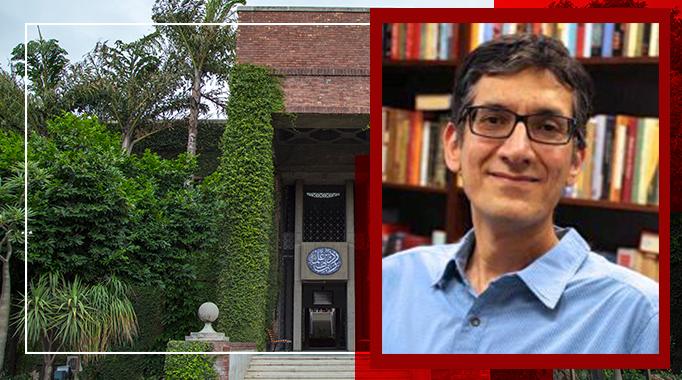
Dr. Hasan H. Karrar, Associate Professor, Department of Humanities and Social Sciences, Mushtaq Ahmad Gurmani School of Humanities and Social Sciences (MGSHSS) published article titled, Between Border and Bazaar: Central Asia’s Informal Economy in the Journal of ‘Contemporary Asia’ on October 24, 2018 published by Routledge.
The article talks about the disintegration of the Soviet Union that spurred a transnational trade in consumer goods. Bazaars, which proliferated across the former Soviet Union, in Kazakhstan and Kyrgyzstan are the focus of this article, and became nodes in this informal trade. This article makes three arguments: (i) Soviet successor states capitalised on the new informal economy which provided employment to millions when economies were in decline. Conversely, ongoing developments, particularly in Kazakhstan, seek to modernise the bazaars that emerged after the Soviet Union. (ii) The movement of people and goods – between border and bazaar, and in case of re-exports, on to another border – are illustrative of a multidimensional informal economy evidenced in rent extraction, regulation of bazaars, and in trader networks. (iii) The bazaar-centred economy relies on checkpoint politics that establish border regimes, enabling mobility.
Dr. Karrar specialises in Modern Chinese and Central Asian History and Political Economy. His current research focuses on new economic configurations in the greater Central Asian region (which he takes to be inclusive of Western China and Northern Pakistan) since the 1980s: bazaar trade and bazaar networks; the new Silk Roads and trade corridors; commercial relations and emerging spatial configurations. More broadly, his work engages with informality, capitalism, and globalisation across this region. He is also interested in Asian borderlands and high mountain regions, environmental history and political ecology, foreign relations and twentieth century international history.
For details, click here.








